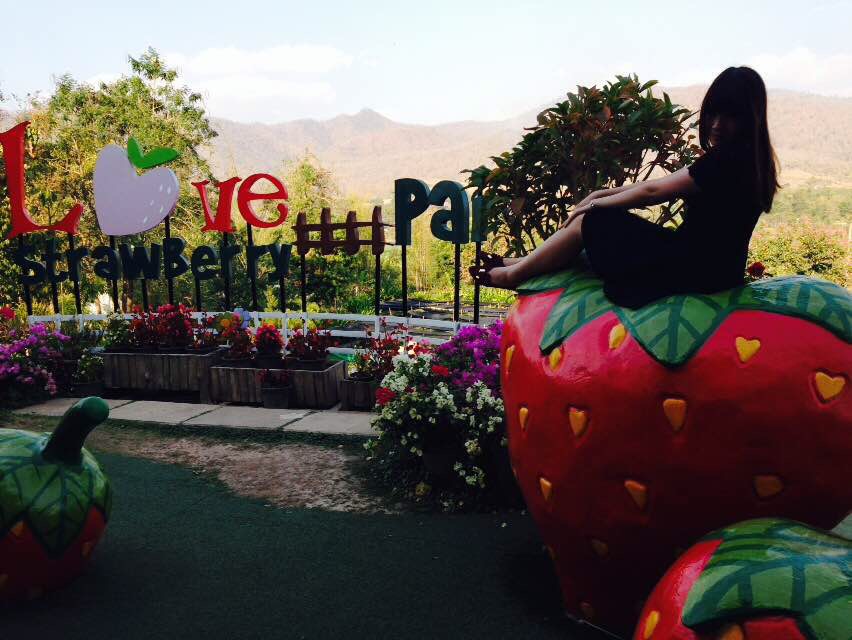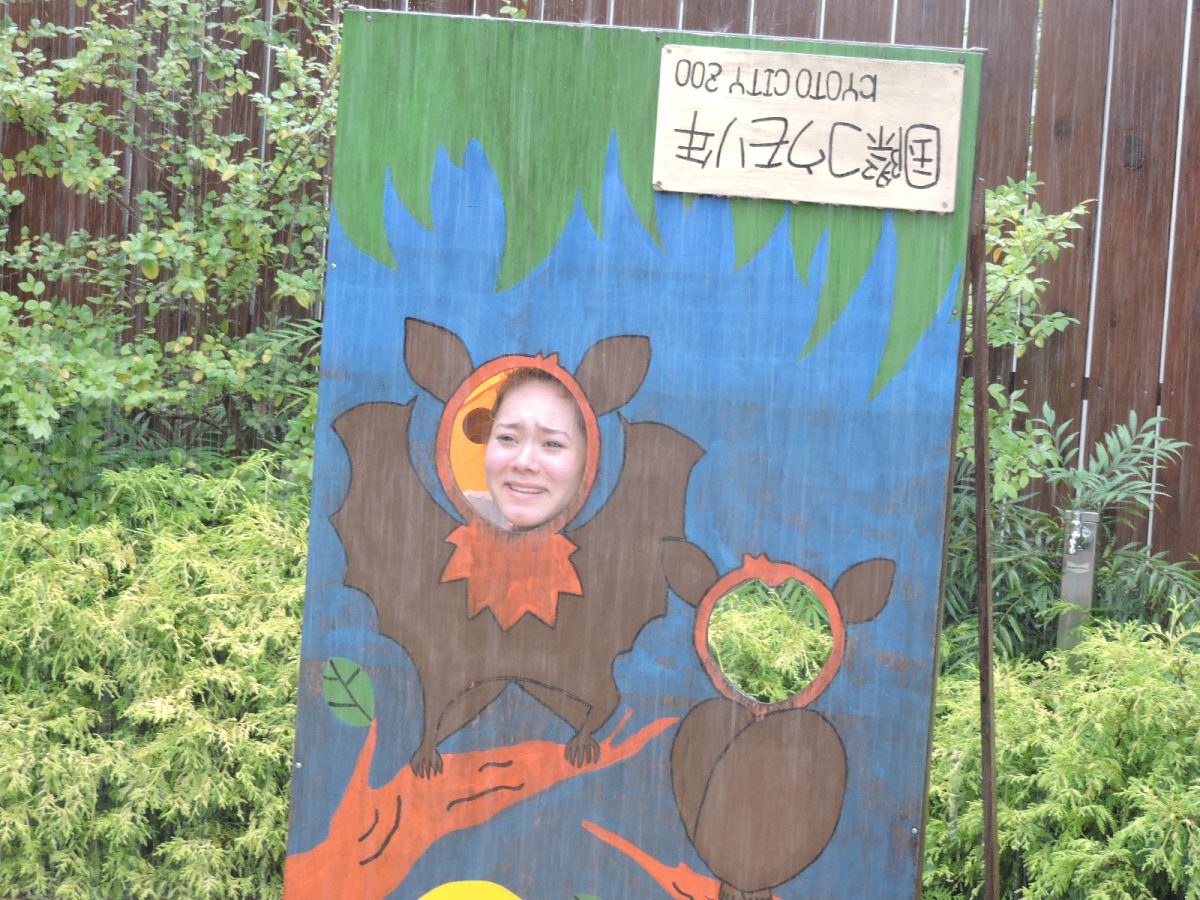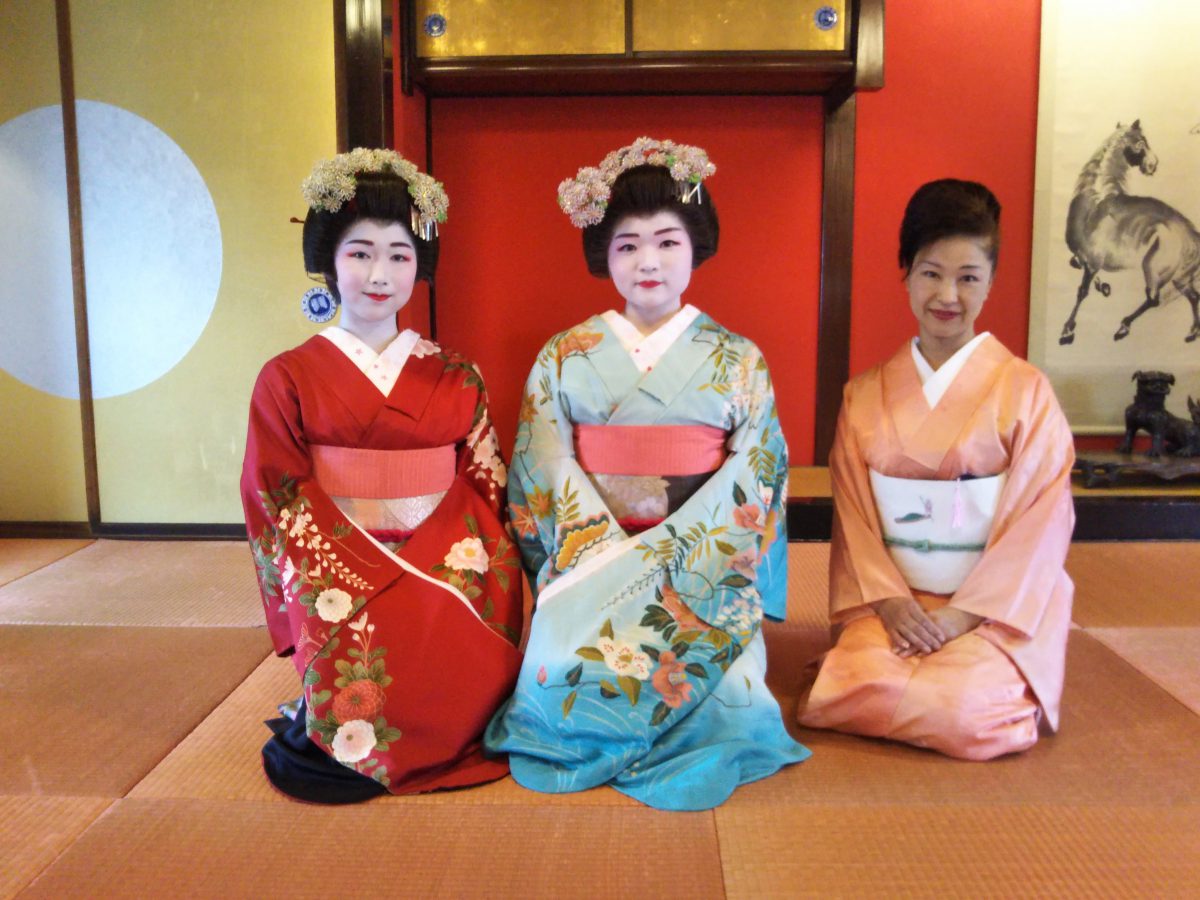
Geisha, Soma rou
Kitamae-bune is a carge ships that sailed the Japan Sea during the Edo period, shipping rice and local products between Edo (Tokyo) and the regional areas, and there had been several successful merchant by Kitamae-bune trading in Sakata during Edo period, and you can still experience remaining cultural heritage today.
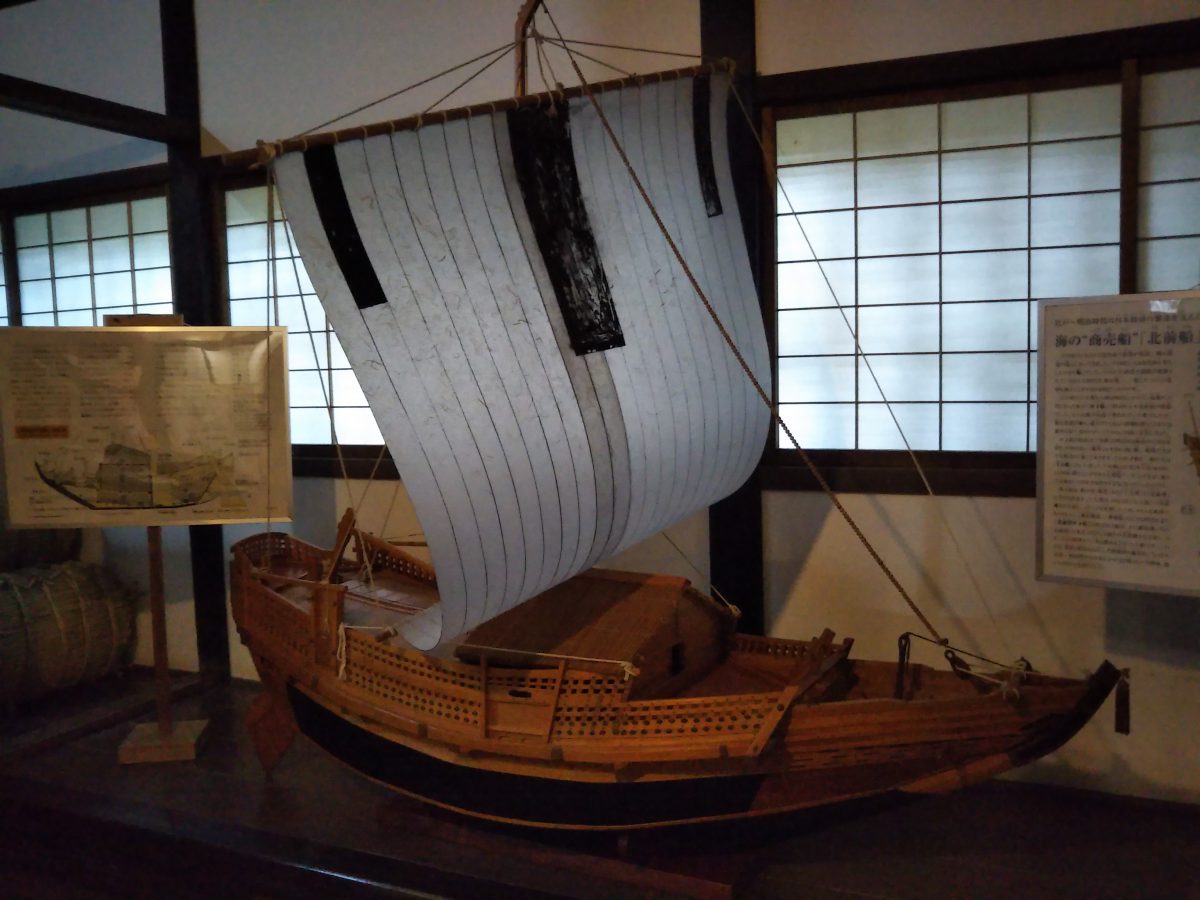
Kitamae Bune
Old Abumi-ya is one of the successful merchant houses in this region, and you can visit the house and rooms in good shape, and you can see the life at that time during Edo period.
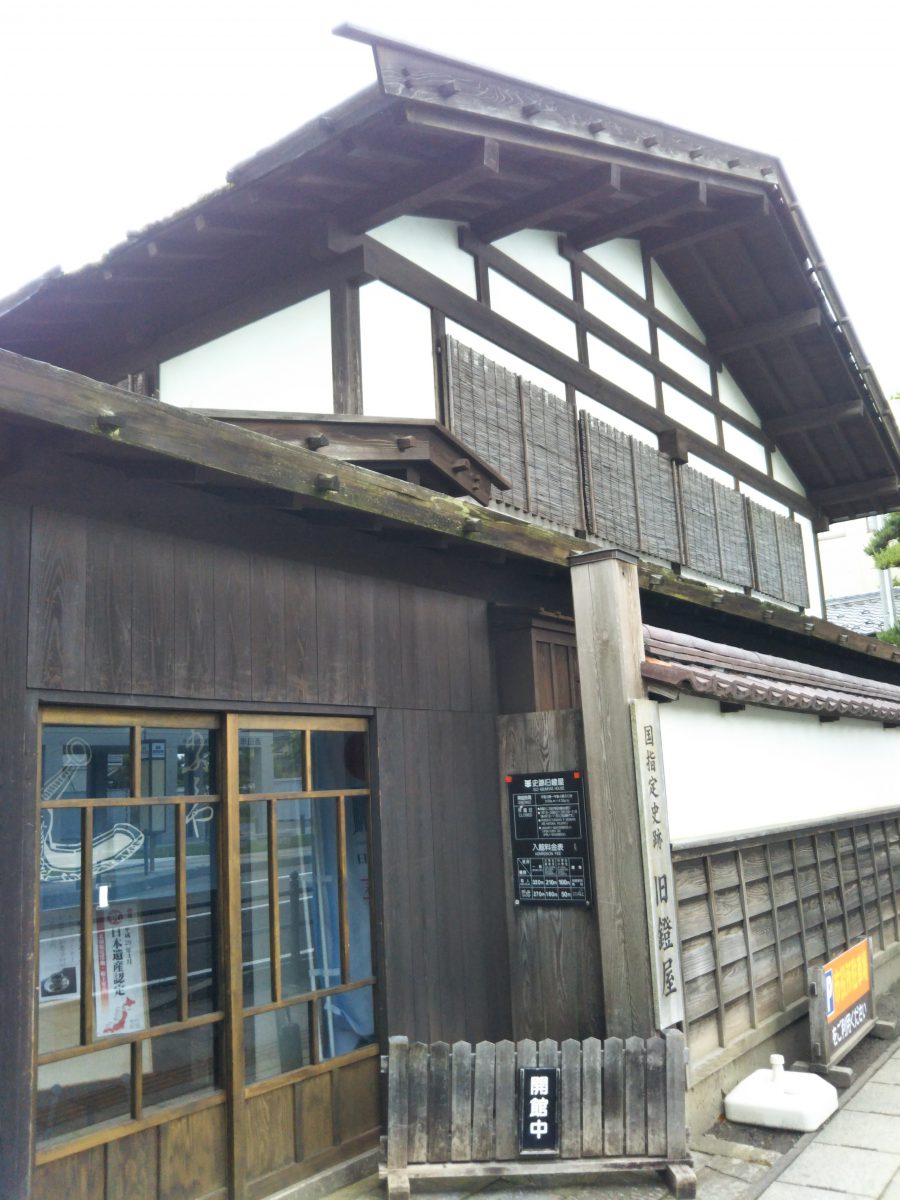
Old Abumi-ya
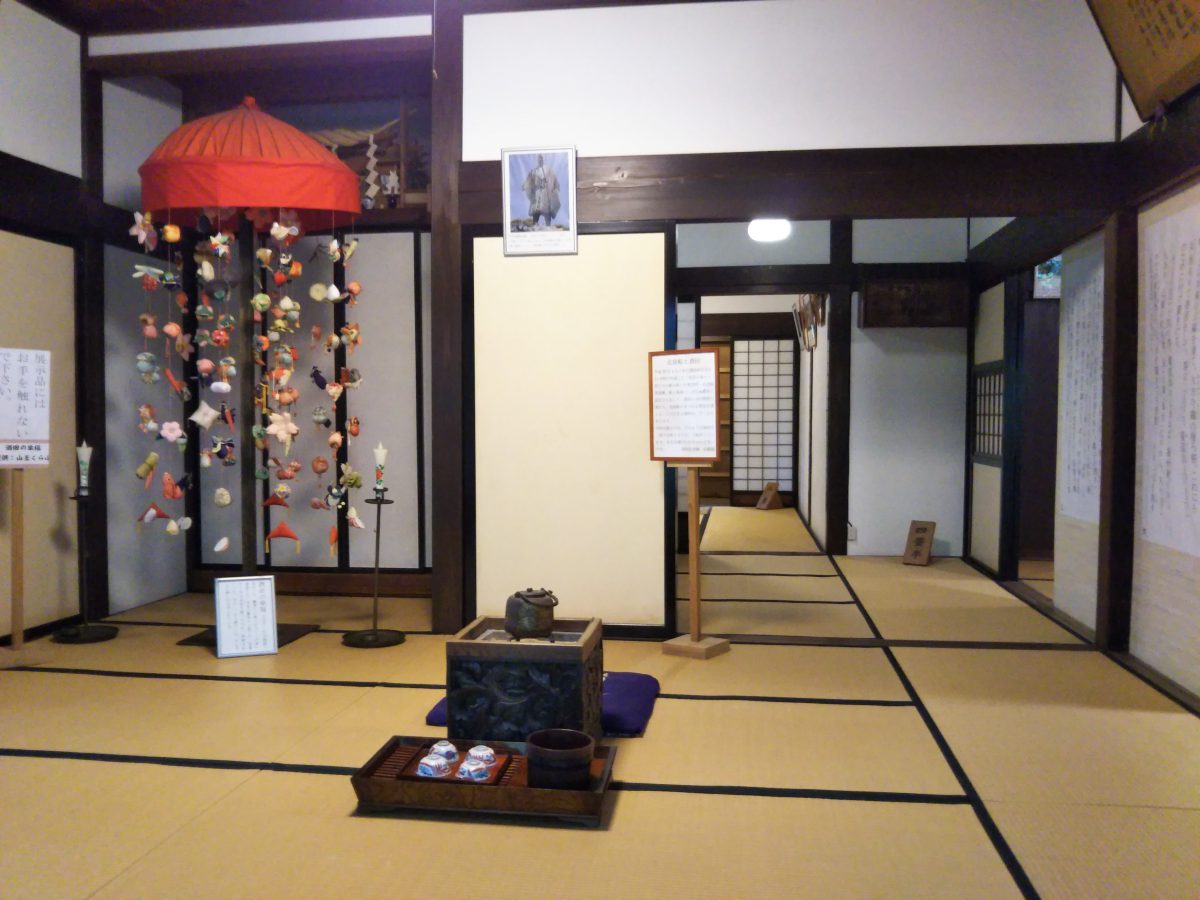
Rooms of Old Abumi-ya
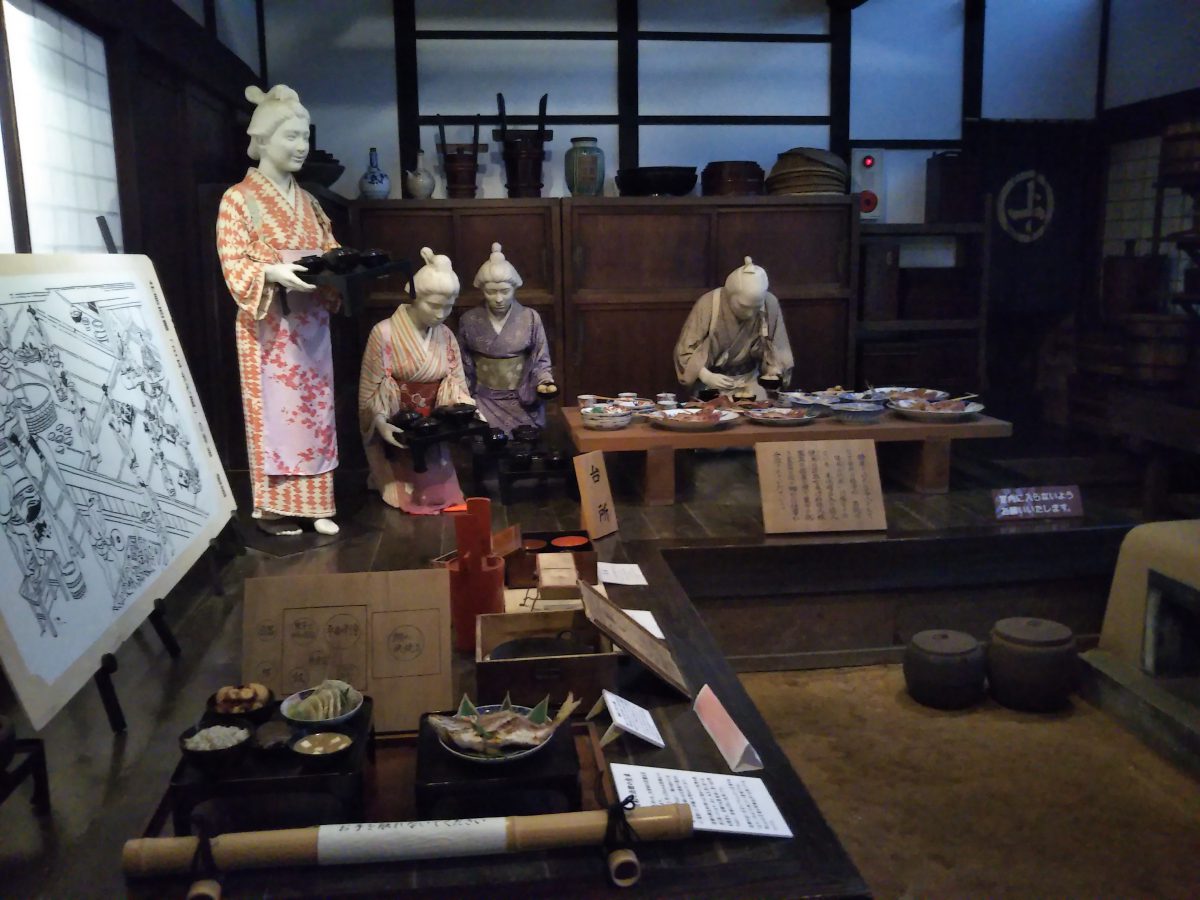
Exhibition in Old Abumi-ya
Old Honma family house is the oldest wooden built building in Sakata, and Honma family was the richest merchant at that time, and you can visit this house as well.
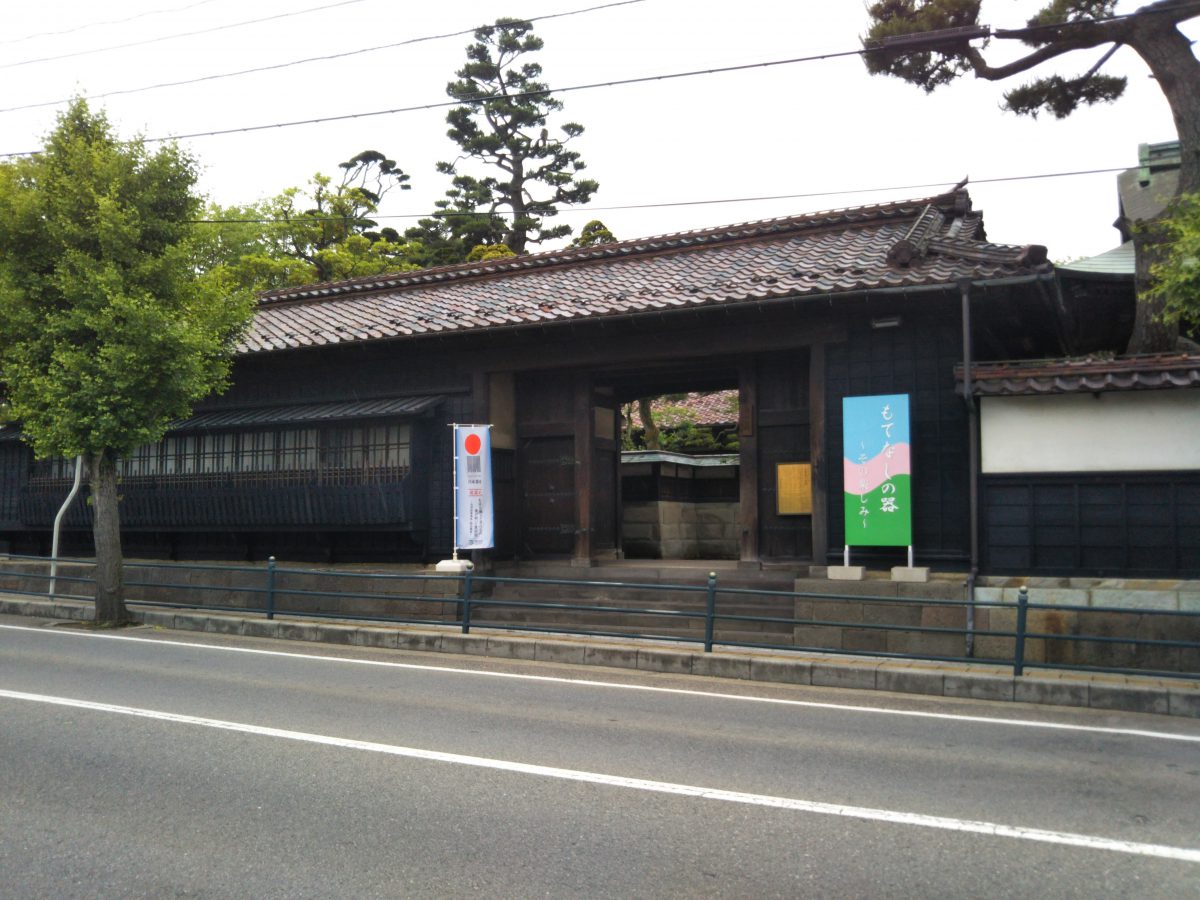
Old Honma family house
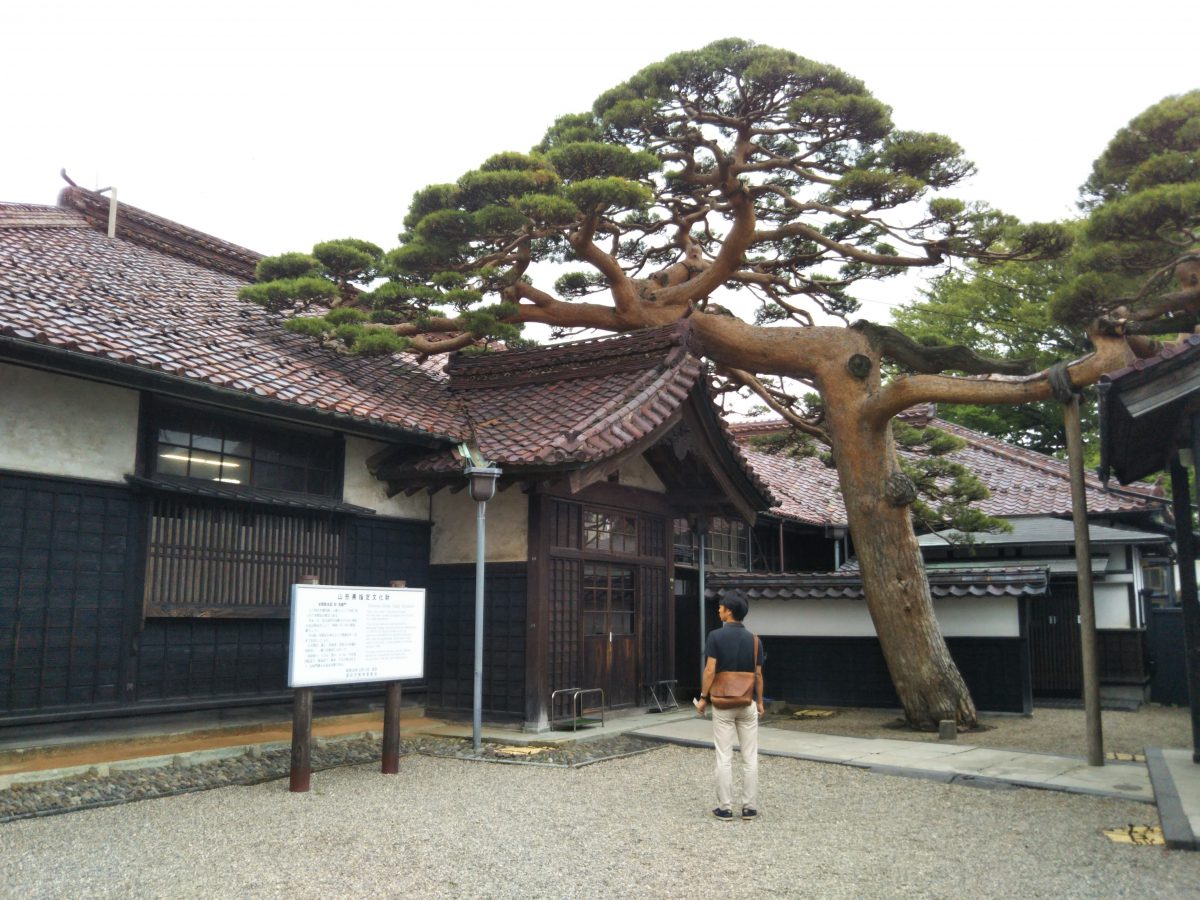
Entrance of Old Honma family house
If you like Japanese garden, I strongly recommend to visit Honma art gallery Japanese garden, and not only the beautiful garden, but the historical wooden house is worth visiting. This historical house was used for an accommodation for Showa Emperor early days.
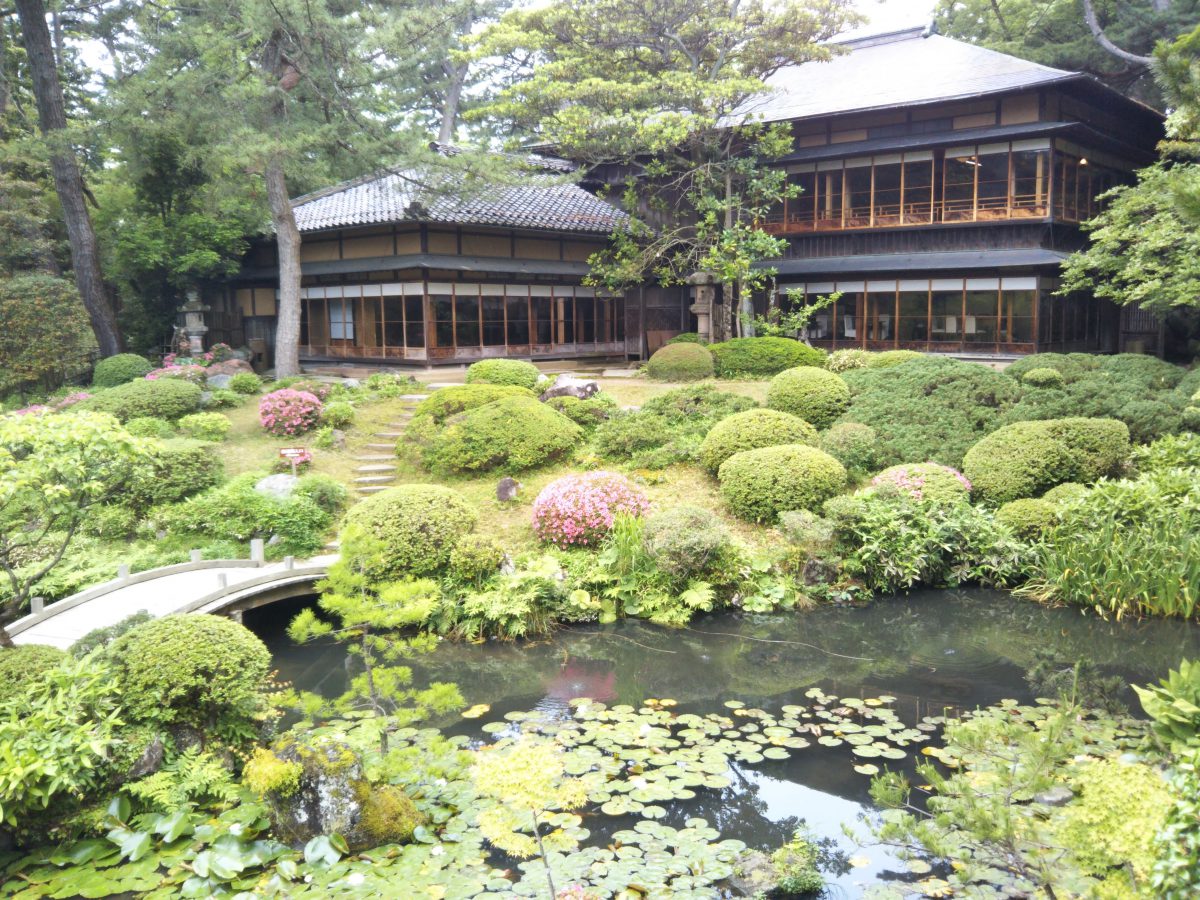
Honma family art gallery Japanese garden
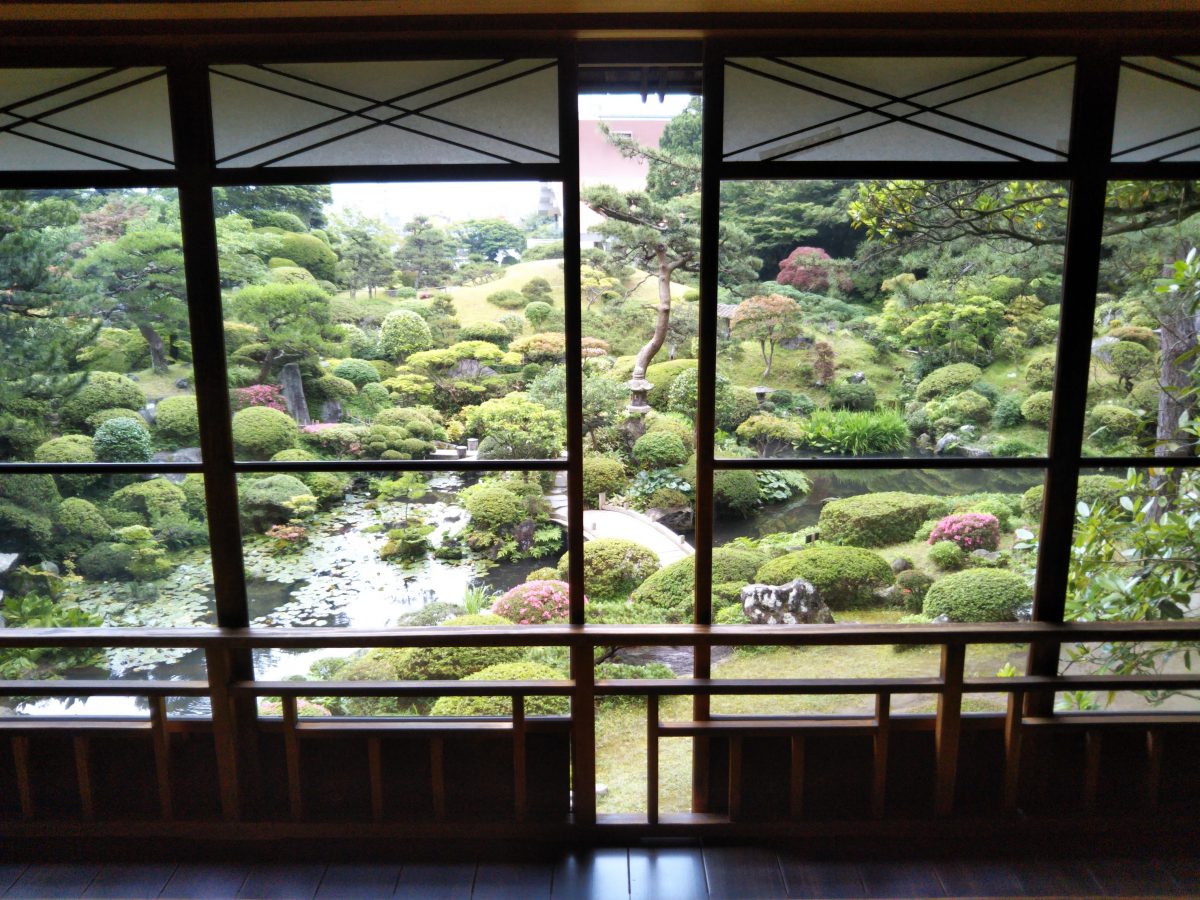
View of the Japanese garden from historical room where Showa Emperor stayed
You tend to think that Geisha is a culture in Kyoto, and some in Tokyo, but don’t forget that you can experience Geisha entertainment in Sakata a lot easier over lunch and afternoon program in Soma-Rou here.
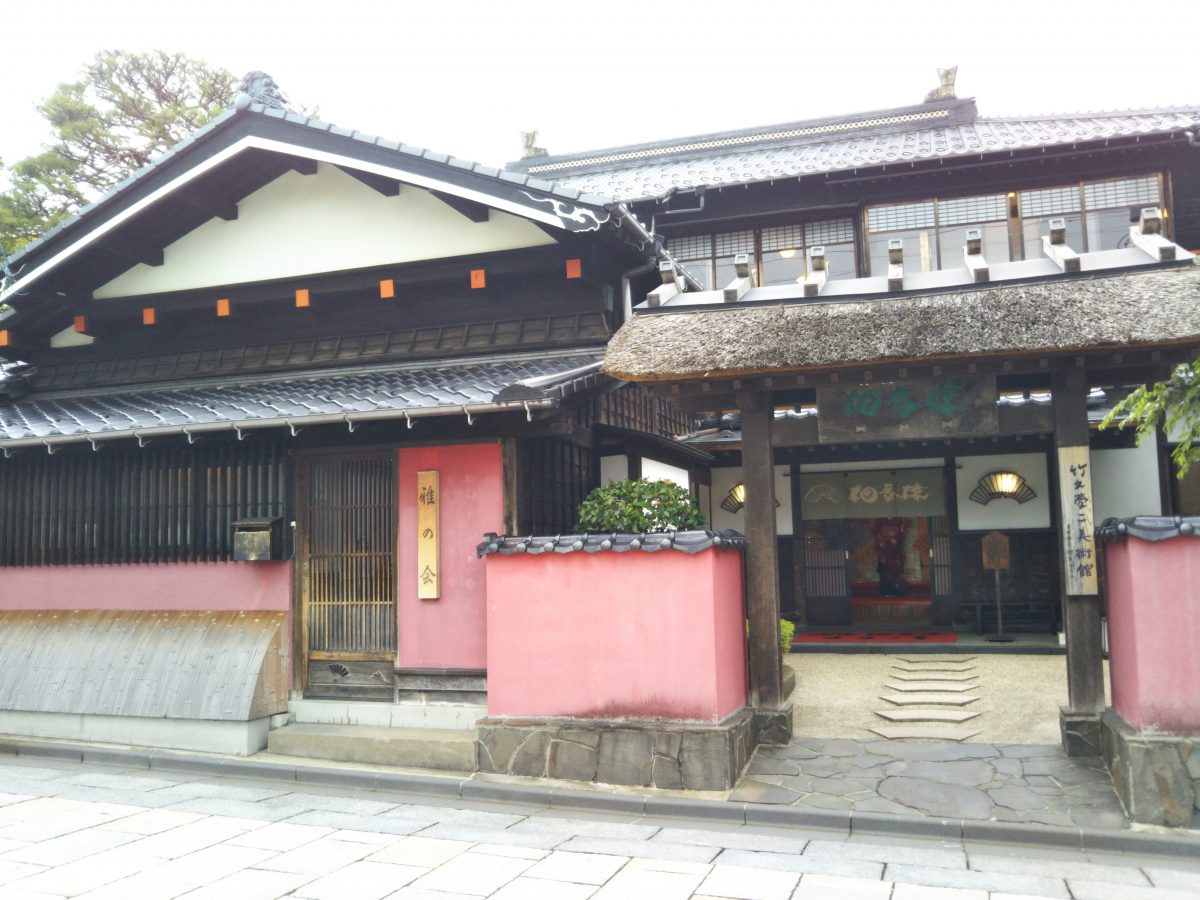
Souma Rou
Finishing your tour in Sakata, don’t forget to stop at Sankyo Warehouse (Sankyo Soko) which was used for a rice warehouse in the old days, and beautifully lined up warehouse is very picturesque. This warehouse is now used as a local product market, then you can possibly find attractive souvenirs
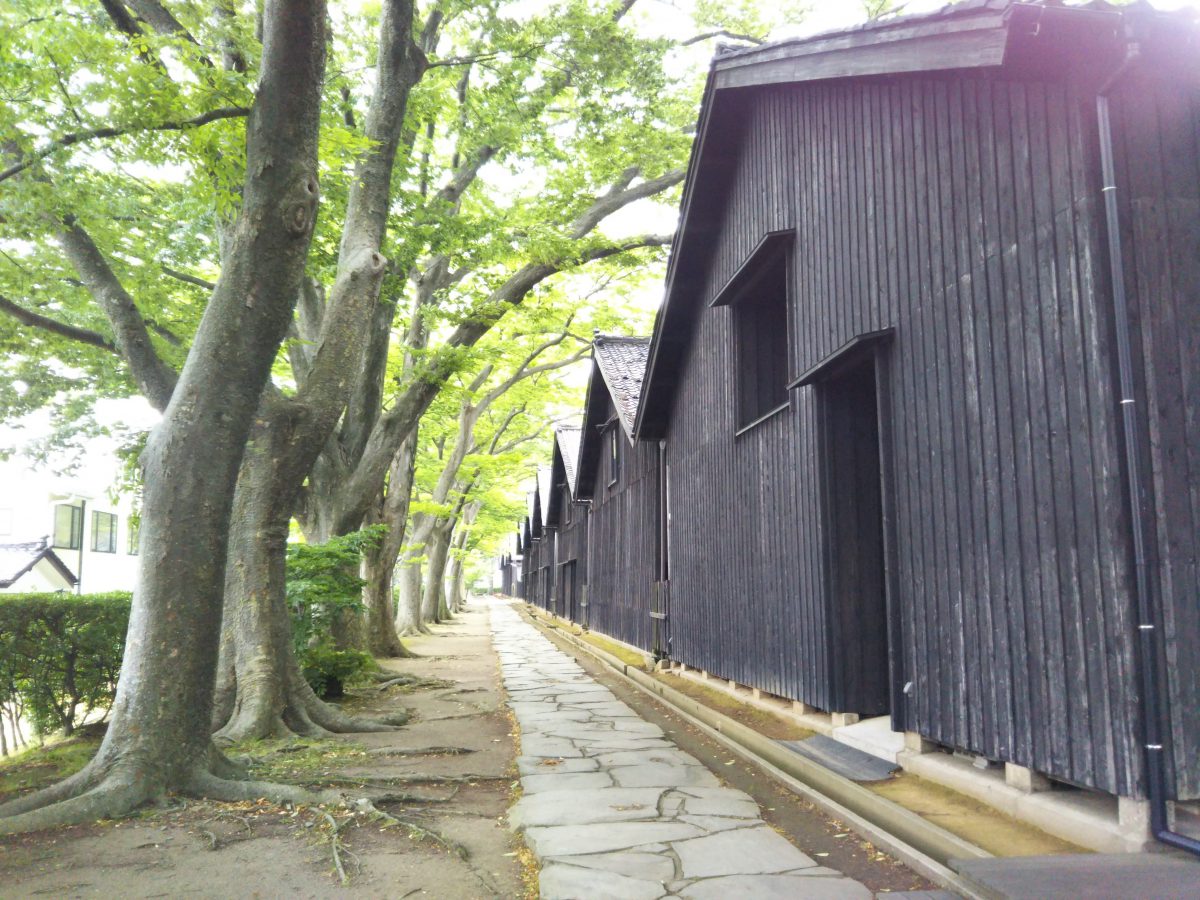
Sankyo Warehouse
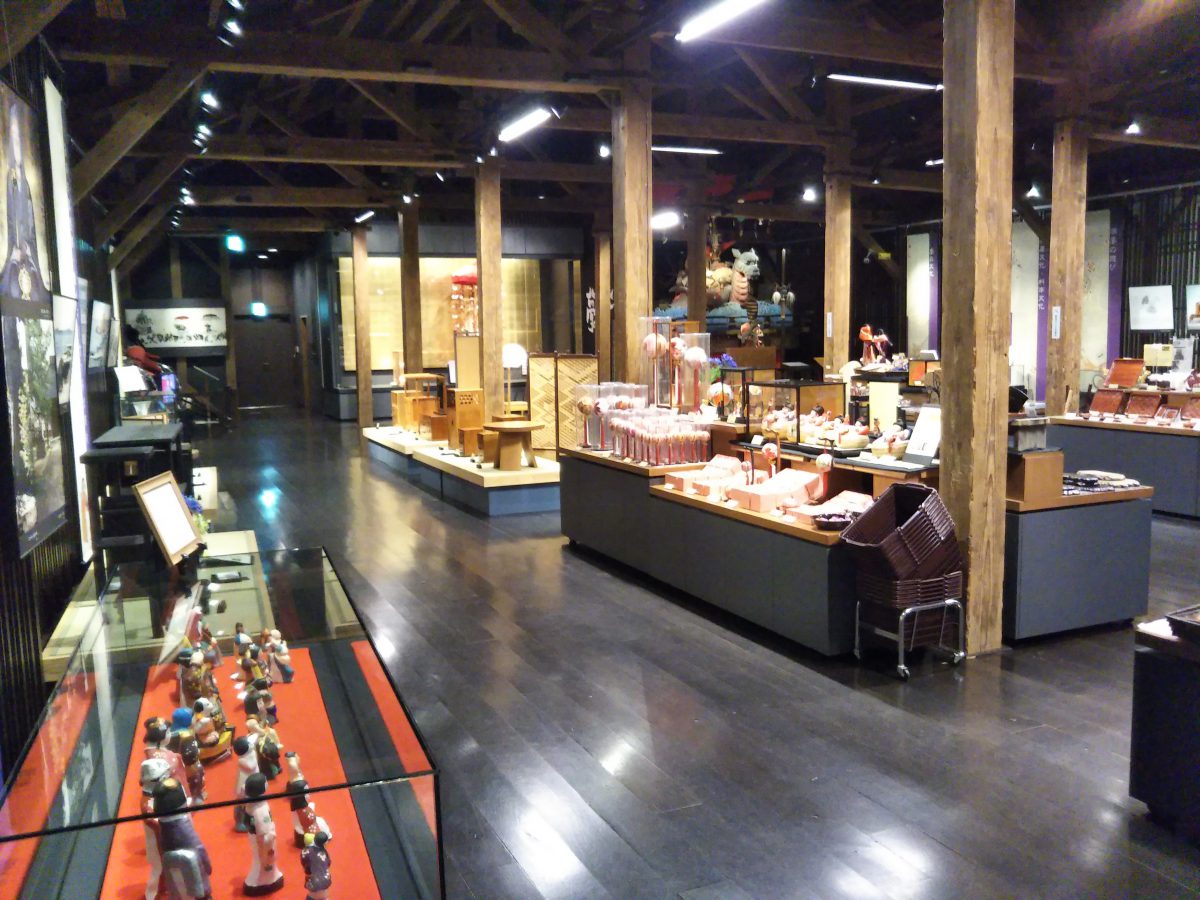
Sankyo Warehouse exhibition room
Sakata Tourist Office web site (in Japanese)
http://www.sakata-kankou.com/
Sakata Tourist Information (in English)
http://www.sakata-kankou.com/en/sakata.pdf


